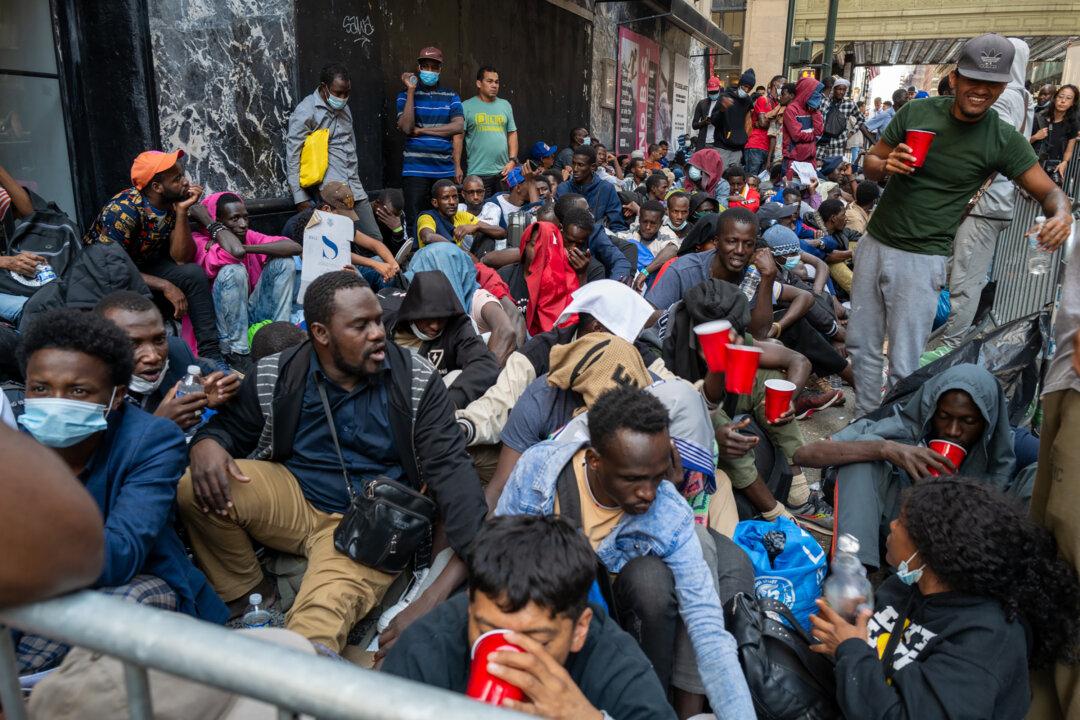The second-highest court in the state of New York has ruled that a law enacted by the New York City Council that allowed non-citizens to vote in municipal elections is null and void. Implementation of NYC Local Law No. 11 of 2022 was struck down and permanently enjoined by the Appellate Division of the Supreme Court (ADSC) on Feb. 21, 2024.
In the case’s latest legal round, the appellate court upheld the decision of the New York Supreme Court because the local law violated the state constitution and the Municipal Home Rule Law.





